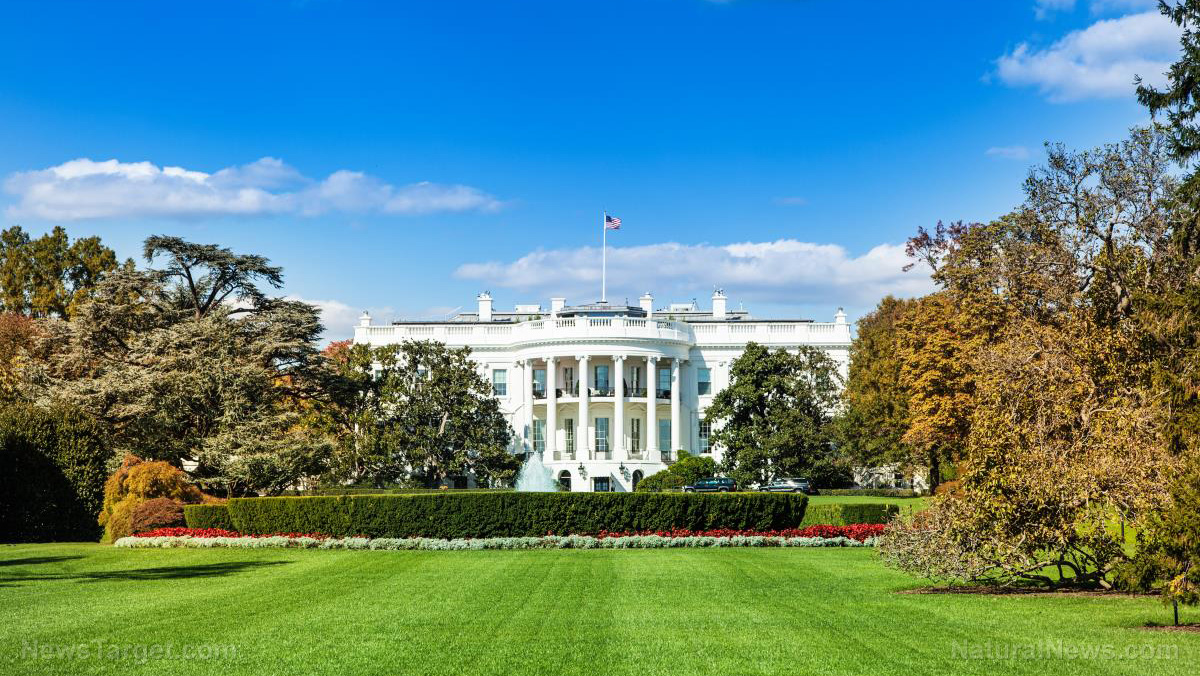
Minneapolis' city charter currently requires it to have a police department. The amendment changes the language so that the city can replace the Minneapolis Police Department (MPD) with a department that, according to the council, would prioritize a “public-health oriented” and “holistic” approach to crime reduction.
The city council's vote pushes the amendment to the Minneapolis Charter Commission, who will hold at least one public hearing to discuss the amendment before they make their recommendations on July 8. The amendment will be forwarded to the city council's Policy & Government Oversight Committee, who will make their own recommendations on July 9.
The whole city council, who can choose to ignore any suggestions made by the commission or the committee, will vote on whether to put the amendment on the ballot box. Mayor Jacob Frey, who has expressed opposition to abolishing the MPD, could veto the city council's decision, but the council could override that veto.
The amendment has to make its way through all of these legislative hurdles by August 21 if the city council wants Minneapolis to vote on the proposal in November, where registered voters can choose to either pass or reject the amendment.
Listen to this episode of the Health Ranger Report, a podcast by Mike Adams, the Health Ranger, as he talks about how the Black Lives Matter movement is filled with people who are out to bully conservatives who don't agree with them.
Police to be replaced with “community safety” department
Under the terms of the proposed amendment, the MPD would be abolished in favor of a Department of Community Safety and Violence Prevention. The mayor would be able to nominate a department head – someone with experience in community safety, but not law enforcement – and the city council would have to approve it.
This proposed department would also be larger than the current MPD – which had 892 sworn officers and 175 non-sworn employees as of June 1.
Democratic Councilman Steve Fletcher, one of the architects of the proposal, said that he still believes the new department will need a division for trained, licensed and armed “peace officers ”to respond to violent calls in progress, such as active shooter situations. The current language of the amendment makes room for this division to be a possibility. The head of this division will also be the non-law enforcement trained head of the new department.
The amendment's other co-sponsors believe that a lot more work needs to be done. Green Party Councilman Cam Gordon said the city's leaders still need to determine which emergency calls require a police response.
“Whatever we come up with, we're going to have to look at what are the essential services the MPD is providing.”
City Council set to fight Mayor who opposes police abolition
During one demonstration, a majority of the city council, including the five architects of the amendment, pledged in front of demonstrators to abolish the MPD. On June 6, when Mayor Frey was asked if he would defund the police, he said no and was promptly booed out of the protest. In fact, the mayor has consistently taken a stand against abolishing the police department, and he has voiced his concerns about the proposed amendment.
Frey has been critical of the amendment's supposed lack of clarity, and for its blurring of the previously clear lines of responsibility. (Related: Seattle Mayor Jenny Durkan proposes SLASHING the Seattle Police Department's budget by $20 million – tells police to expect deeper cuts in the future.)
“Will we still have police? If you vote for this, are you voting to abolish the police department or is this merely a cosmetic change where you add a bureaucratic layer, you change the name to peace officer and give them different uniforms?” asked Frey, who also said that it's unclear if the amendment would demote or fire Police Chief Medaria Arradondo, the city's first Black chief of police.
Furthermore, Frey has criticized how the amendment diffuses responsibility, since the head of the new community safety department would have to answer to 14 people – the 13 councilors and the mayor – while the current chief of police answers only to the mayor.
Frey has repeatedly championed “reforming and transforming” the police department, without defunding or abolishing it. Among the changes he supports are “revamping” the MPD's culture and making it easier to fire officers who break the law. Currently, around 45 percent of police firings are overturned upon arbitration.
If the charter amendment is approved by Minneapolis' voters, who lean heavily to the Democratic Party, the changes would come into effect on May 1, 2021.
Sources include:
Please contact us for more information.























